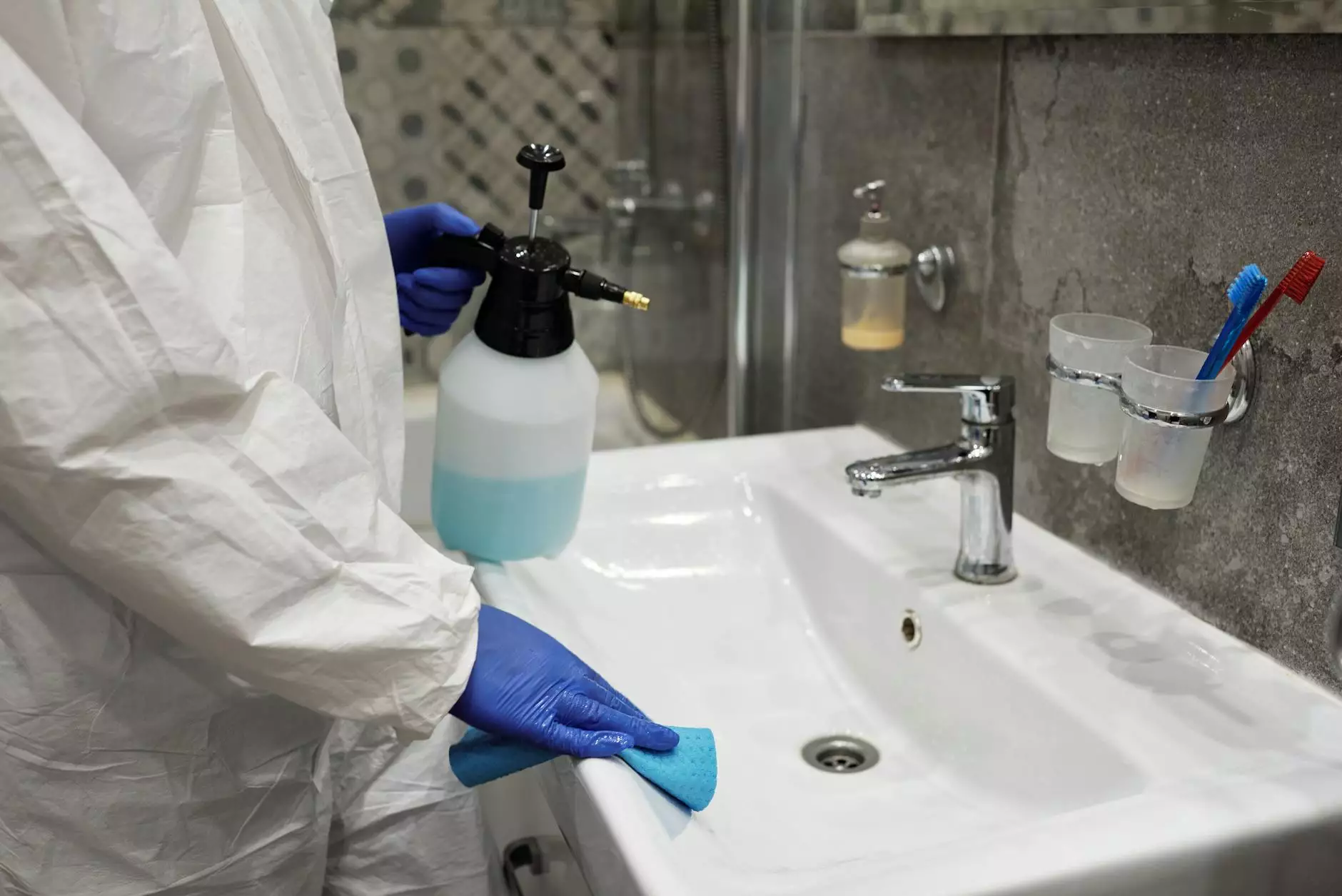Understanding Low Testosterone Levels: A Comprehensive Guide

Testosterone is a vital hormone in the human body that plays a significant role in various bodily functions, including muscle mass, bone density, and sex drive. Unfortunately, many individuals struggle with low testosterone levels, and understanding what constitutes a dangerously low testosterone level is crucial for maintaining overall health and well-being. In this article, we delve deep into the subject, providing you with everything you need to know about low testosterone, its implications, and how to address it effectively.
What is Testosterone?
Testosterone is primarily produced in the testes in men and in the ovaries and adrenal glands in women. It is classified as an androgen, or male sex hormone, and is responsible for the development of male physical characteristics. However, it is important to note that testosterone is present in both sexes and is crucial for various functions, including:
- Regulating sex drive (libido)
- Maintaining bone density
- Supporting muscle mass and strength
- Contributing to the production of red blood cells
- Influencing mood and energy levels
What is a Dangerously Low Testosterone Level?
A testosterone level is generally considered low when it falls below the normal range, which is typically defined as 300 to 1,200 nanograms per deciliter (ng/dL) for adult men. Levels below this range can indicate hypogonadism, a condition that can lead to various health issues. So, what is a dangerously low testosterone level? Levels below 200 ng/dL are often seen as dangerously low and can significantly impact one’s quality of life.
Symptoms of Low Testosterone Levels
Recognizing the symptoms of low testosterone is crucial for timely intervention. The symptoms can be numerous and varied, often leading to confusion regarding their origin. Common symptoms of low testosterone include:
- Reduced libido
- Difficulty achieving or maintaining an erection
- Decreased energy levels or feelings of fatigue
- Increased body fat, primarily around the abdomen
- Loss of muscle mass and strength
- Concentration difficulties or a decline in cognitive functions
- Feelings of depression or mood swings
- Reduced bone density, increasing fracture risks
Causes of Low Testosterone Levels
Various factors can lead to low testosterone levels. Understanding these causes can help in preventing or treating this condition. Some of the most common causes include:
- Aging: Testosterone levels naturally decline as individuals age, particularly after the age of 30.
- Obesity: Increased body fat often correlates with lower testosterone levels, creating a vicious cycle.
- Medical conditions: Certain conditions such as diabetes, hypogonadism, and hormonal disorders can significantly lower testosterone levels.
- Medications: Some medications, including opioids and steroids, can disrupt hormone production.
- Stress: Chronic stress can lead to elevated cortisol levels, which negatively impact testosterone production.
Diagnosis of Low Testosterone Levels
If you suspect you may be experiencing symptoms of low testosterone, it’s essential to consult a healthcare provider. The diagnosis typically involves a combination of:
- A detailed medical history and physical examination.
- Blood tests to measure testosterone levels, usually taken in the morning when levels are highest.
- Potential additional tests to evaluate for underlying conditions.
Treatment Options for Low Testosterone Levels
Managing low testosterone levels effectively is crucial for improving quality of life and overall health. There are several treatment options available, including:
1. Testosterone Replacement Therapy (TRT)
TRT is one of the most common treatment options for men with low testosterone. This therapy aims to restore testosterone levels to a normal range and can be administered in various forms:
- Injections: Testosterone can be injected intramuscularly or subcutaneously at regular intervals.
- Patches: Transdermal patches can deliver testosterone through the skin.
- Gels: Topical testosterone gels are available for daily application on the skin.
- Pellets: Small pellets containing testosterone can be implanted under the skin, releasing the hormone over time.
2. Lifestyle Modifications
In addition to medical treatments, making certain lifestyle changes can significantly impact testosterone levels:
- Healthy Diet: Consuming a balanced diet rich in whole foods, healthy fats, and lean proteins can support hormone production.
- Regular Exercise: Engaging in physical activity, especially strength training, is known to boost testosterone levels.
- Weight Management: Achieving and maintaining a healthy weight can significantly help in managing testosterone levels.
- Stress Reduction: Implementing stress management techniques can help lower cortisol and potentially improve testosterone levels.
3. Addressing Underlying Health Conditions
Identifying and managing underlying health issues is vital for effective testosterone management. Conditions like diabetes, hormonal disorders, and obesity can all contribute to low testosterone levels. Working with healthcare providers to control these conditions can enhance overall hormonal balance.
Potential Risks and Considerations
While testosterone replacement therapy can be beneficial, it’s essential to be aware of potential risks and side effects, including:
- Increased Risk of Heart Issues: Some studies suggest a possible link between TRT and heart complications.
- Sleep Apnea: Testosterone therapy may exacerbate existing sleep apnea conditions.
- Skin Reactions: Some patients may experience irritation or allergic reactions at the application site of gels or patches.
- Prostate Health: There are concerns about the potential influence of testosterone on prostate cancer risk.
Conclusion
Low testosterone levels can profoundly affect a person's quality of life, encompassing physical, emotional, and sexual health. Understanding what is a dangerously low testosterone level gives you the insight needed to recognize symptoms and seek appropriate care. By collaborating with healthcare professionals, considering testosterone replacement therapy, and making lifestyle modifications, you can effectively manage your testosterone levels and enhance your overall well-being.
If you or someone you know is experiencing symptoms of low testosterone, do not hesitate to reach out to a healthcare provider. Knowledge is power, and taking action today can lead to a healthier tomorrow.









